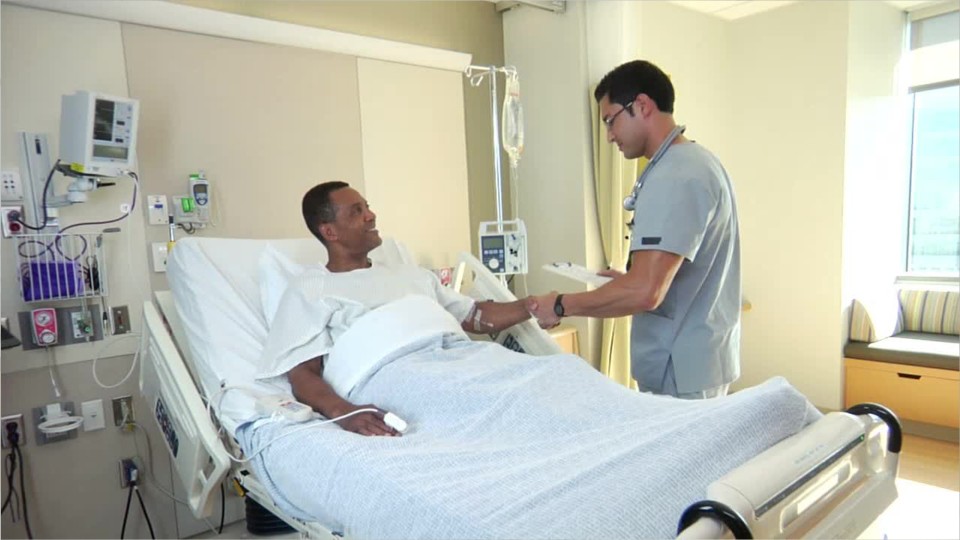Orderlies
Patient Care Assistant (PCA), Patient Care Technician (PCT), Patient Transporter, Transporter
What they do:
Transport patients to areas such as operating rooms or x-ray rooms using wheelchairs, stretchers, or moveable beds. May maintain stocks of supplies or clean and transport equipment. Psychiatric orderlies are included in Psychiatric Aides.
On the job, you would:
- Lift or assist others to lift patients to move them on or off beds, examination tables, surgical tables, or stretchers.
- Transport patients to treatment units, testing units, operating rooms, or other areas, using wheelchairs, stretchers, or moveable beds.
- Disinfect or sterilize equipment or supplies, using germicides or sterilizing equipment.
Knowledge
Business
- customer service
Safety and Government
- public safety and security
Skills
Basic Skills
- listening to others, not interrupting, and asking good questions
- talking to others
Social
- looking for ways to help people
- understanding people's reactions
Abilities
Physical Strength
- use your lower back and stomach
- lift, push, pull, or carry
Verbal
- listen and understand what people say
- communicate by speaking
Endurance
- exercise for a long time without getting out of breath
Personality
People interested in this work like activities that include practical, hands-on problems and solutions.
They do well at jobs that need:
- Concern for Others
- Self Control
- Stress Tolerance
- Cooperation
- Dependability
- Social Orientation
Technology
You might use software like this on the job:
Spreadsheet software
- Microsoft Excel
Medical software
- Electronic medical record EMR software
- Medical record charting software
Electronic mail software
- Microsoft Outlook
Education
Education: (rated 2 of 5)
high school diploma/GED
usually needed
usually needed
Job Outlook
Average
New job opportunities are likely in the future.
Explore More
- Ambulance Drivers & Attendants
- Home Health Aides
- Nursing Assistants
- Physical Therapist Aides
- Surgical Assistants
You might like a career in one of these industries:
See more details at O*NET OnLine about orderlies.





